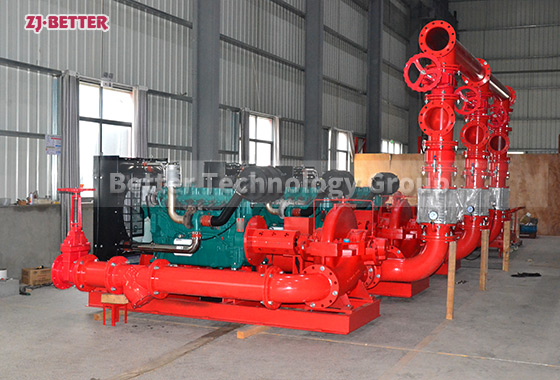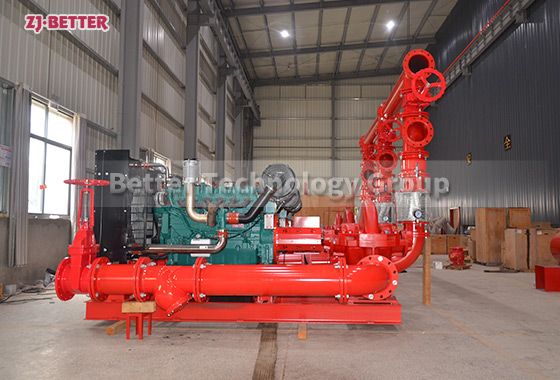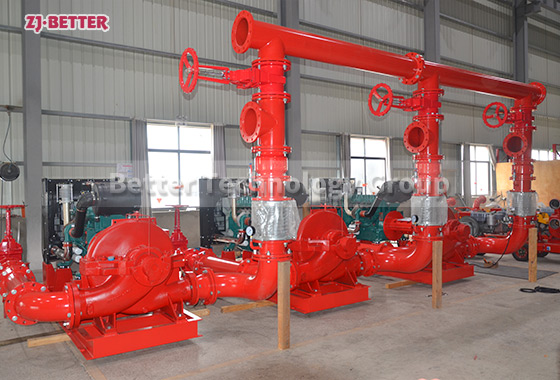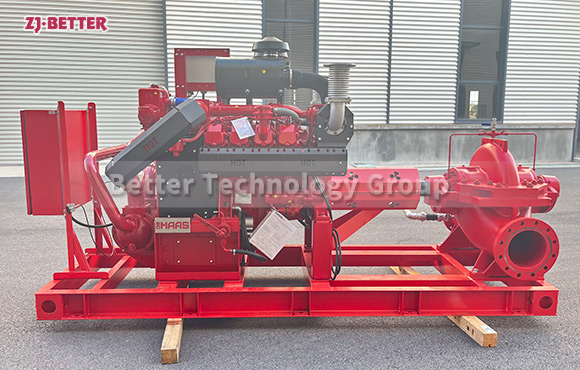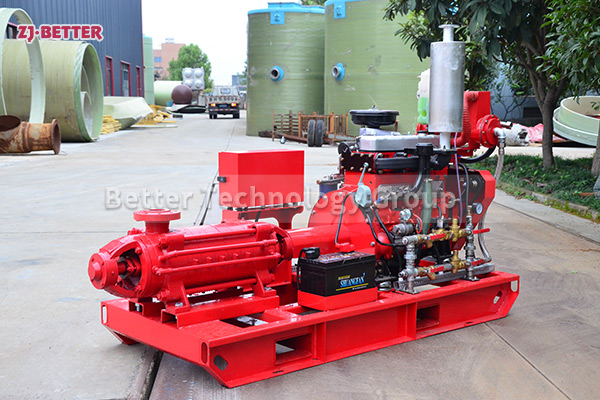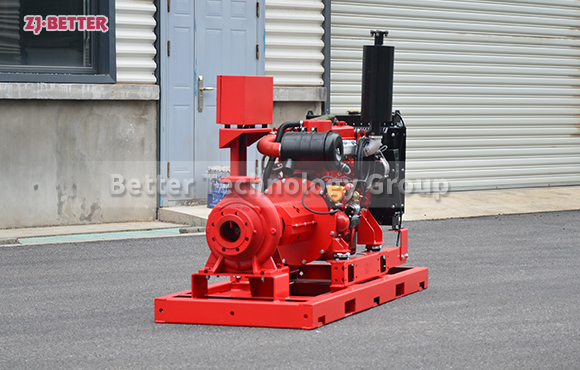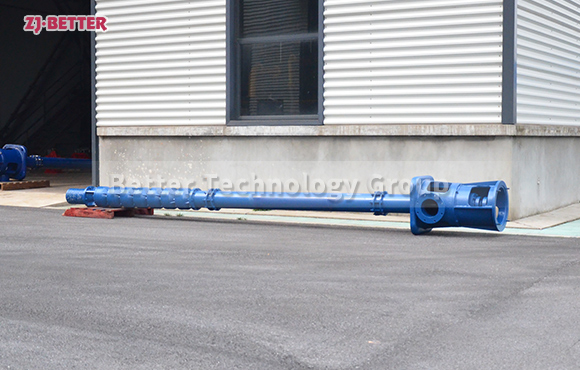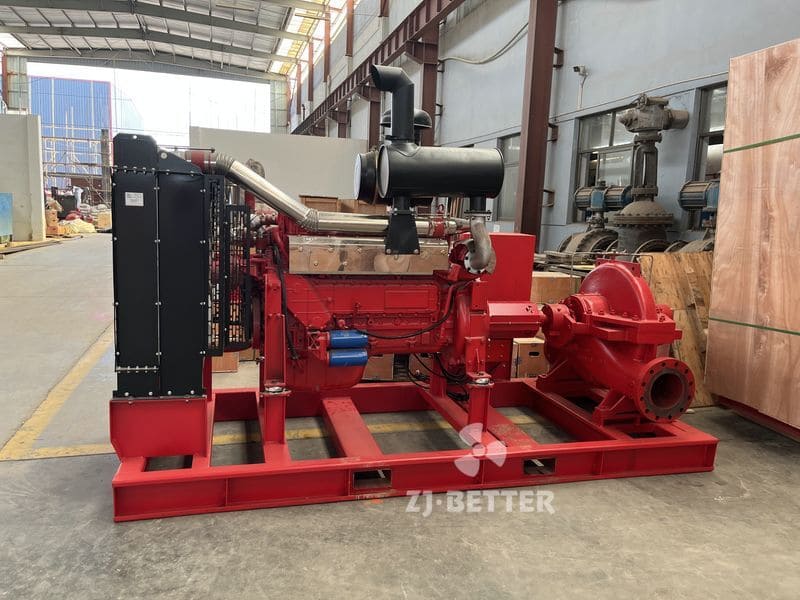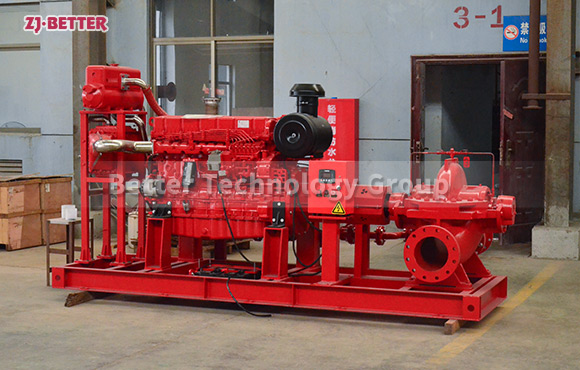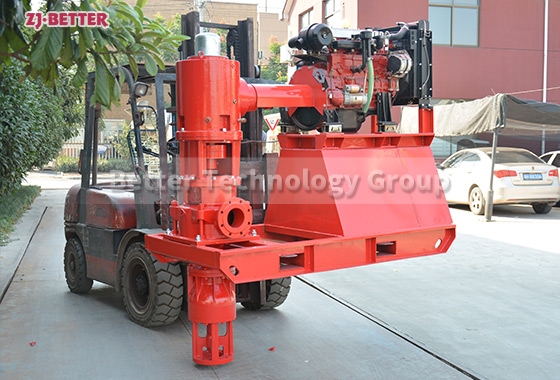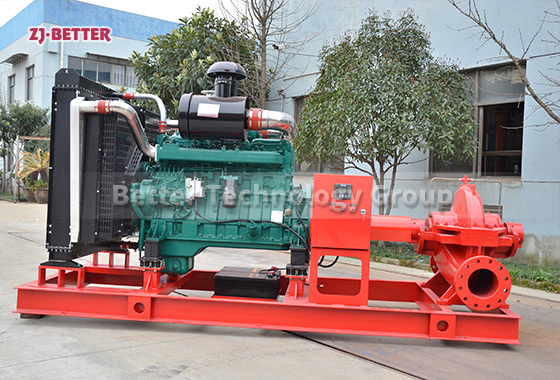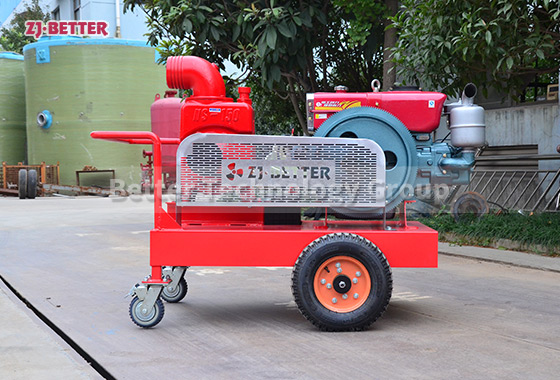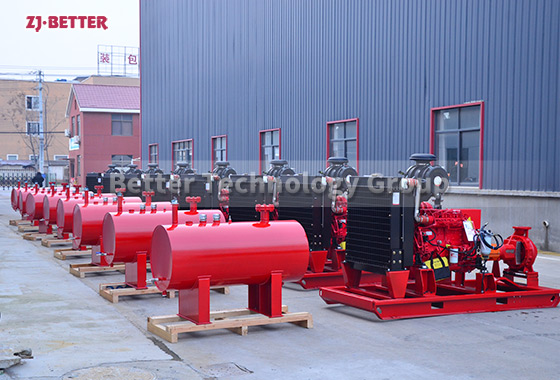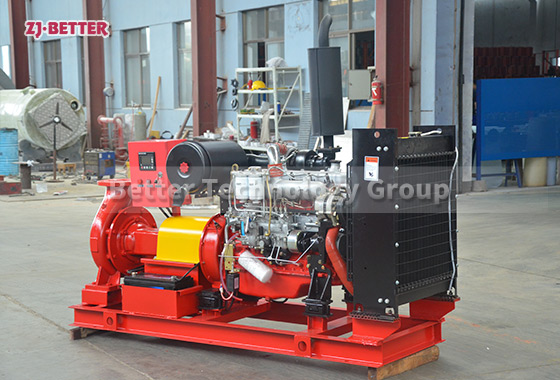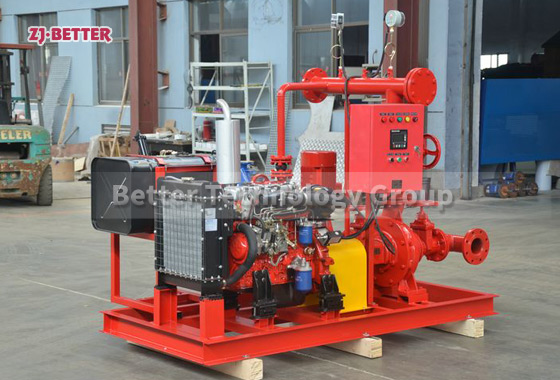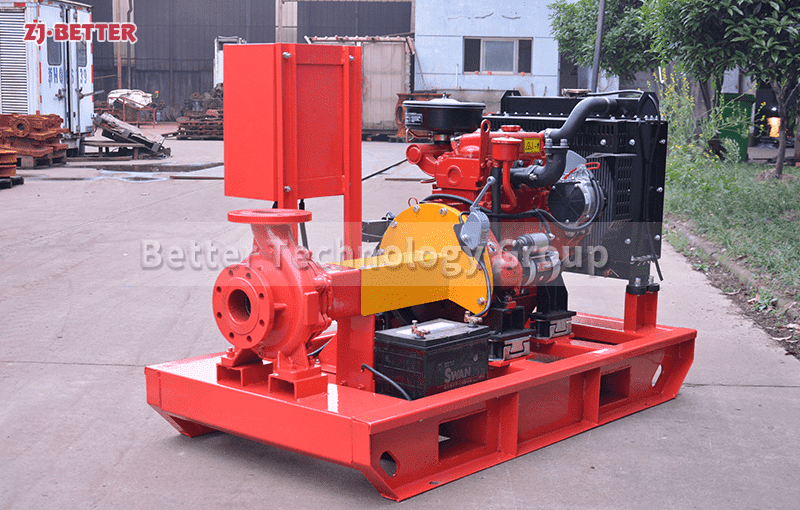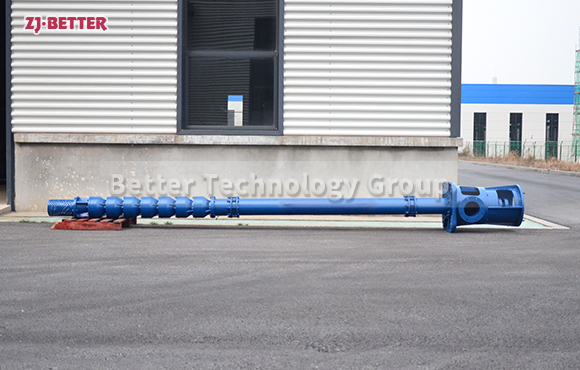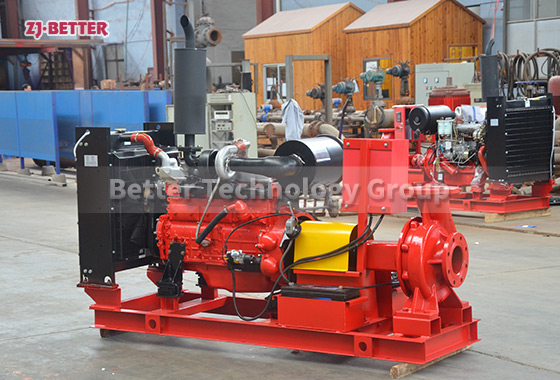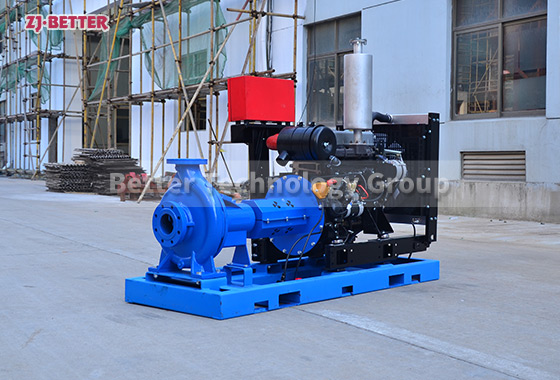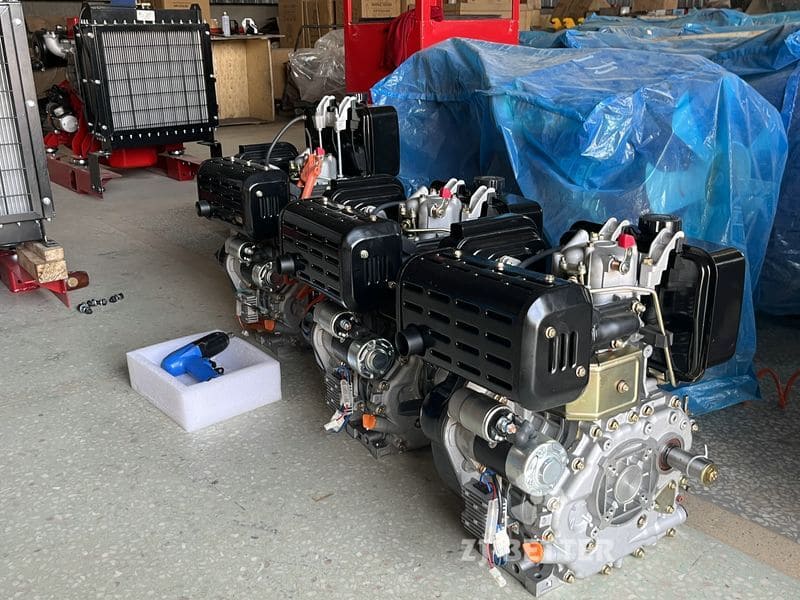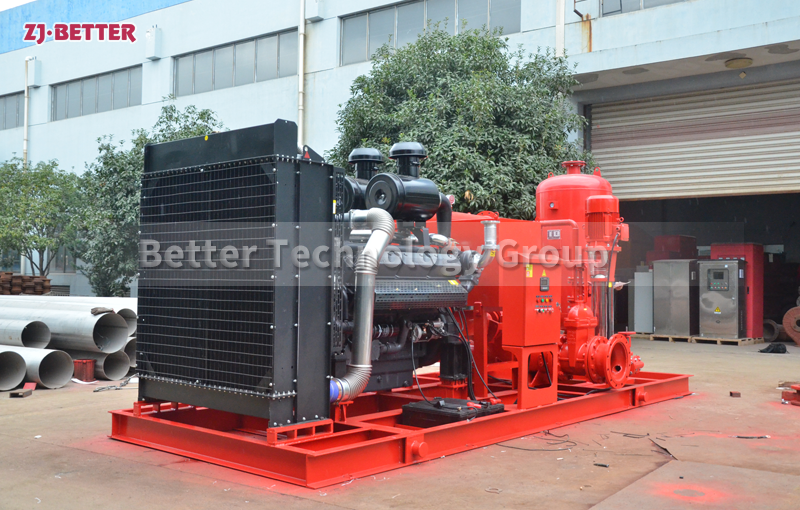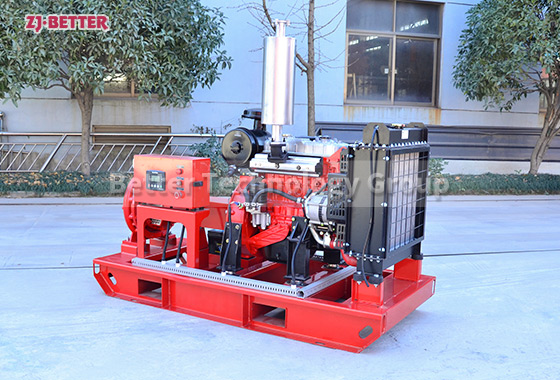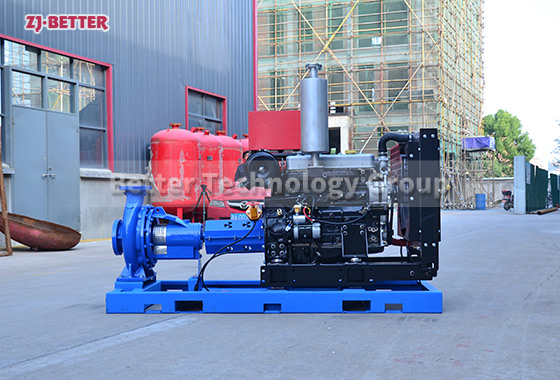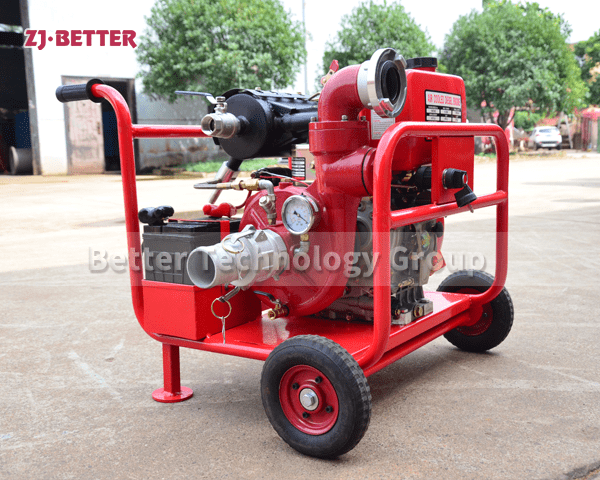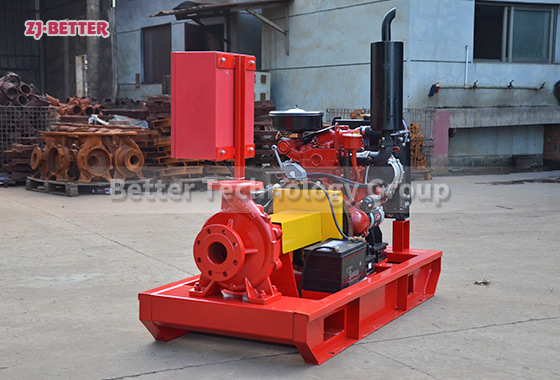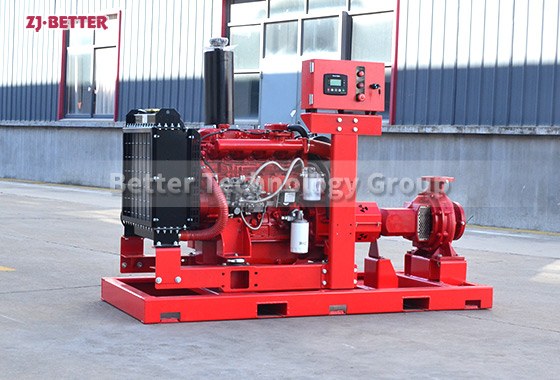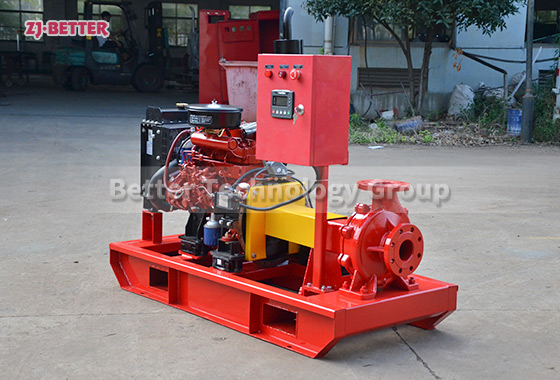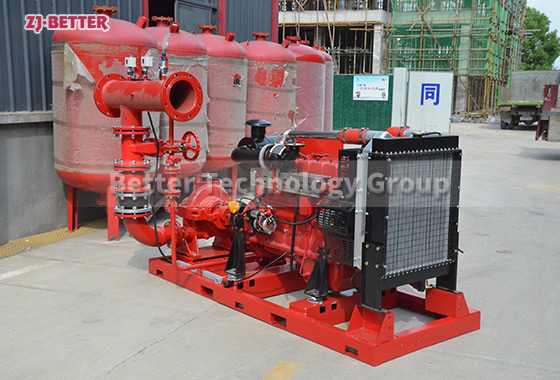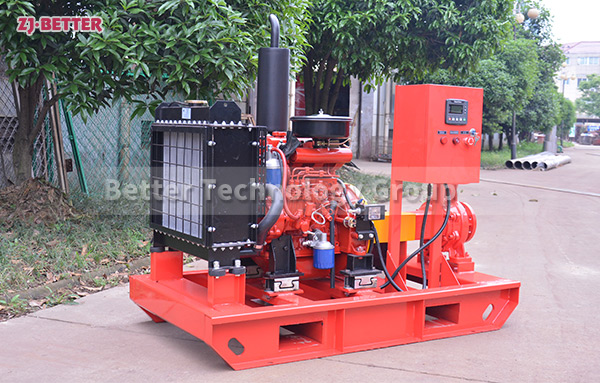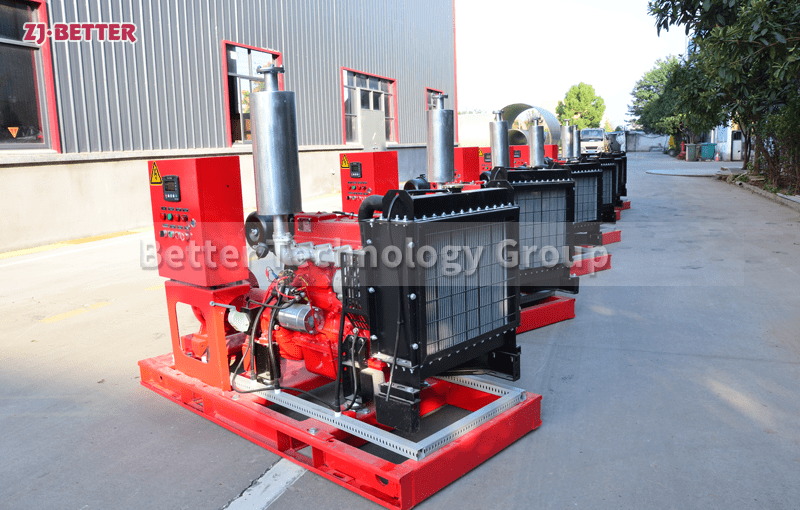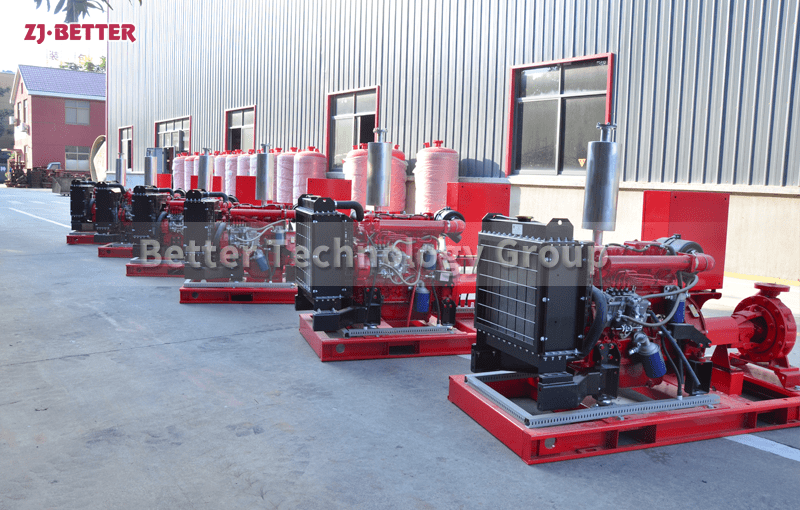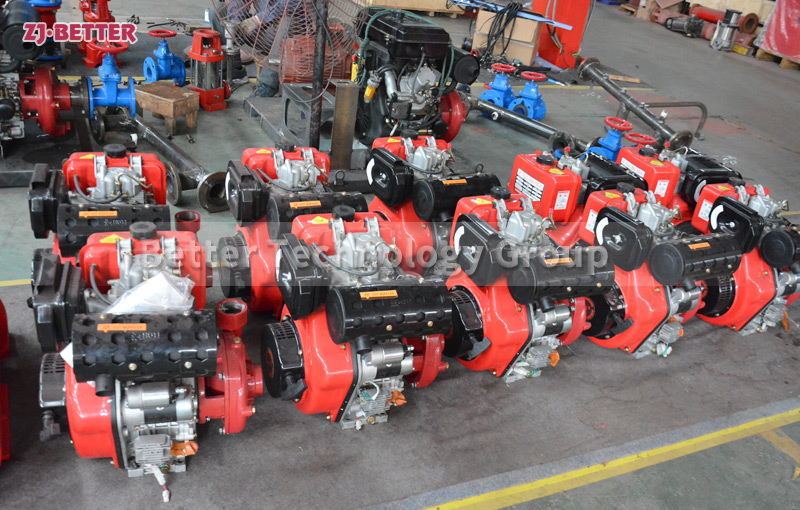2000GPM Diesel Split Case Fire Pump system
The Diesel Engine Split Case Fire Pump finds wide application in various locations and buildings, including factories, commercial buildings, residential complexes, hospitals, airports, ports, and more. Whether serving as the primary firefighting water source or a backup water supply, it offers reliable support to your firefighting equipment and systems.
The Diesel Engine Split Case Fire Pump finds wide application in various locations and buildings, including factories, commercial buildings, residential complexes, hospitals, airports, ports, and more. Whether serving as the primary firefighting water source or a backup water supply, it offers reliable support to your firefighting equipment and systems.
Application: Suitable for various fire booster and pressure stabilization scenarios; various villas, residential communities, and fire systems; industrial and civil building firewater systems; places with high fire protection requirements such as oil depots and docks.
Permissible Media: Potable water, chilled water, firewater, and other media without abrasive impurities or long fiber impurities that cause chemical or mechanical corrosion to the pump. The permissible maximum medium temperature is 70 degrees Celsius, and the maximum ambient temperature is 40 degrees Celsius.

